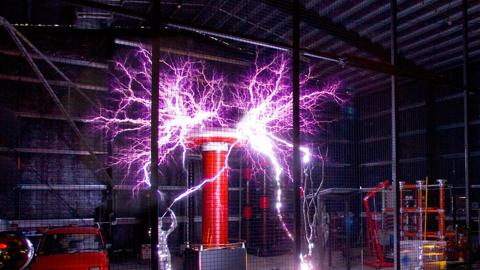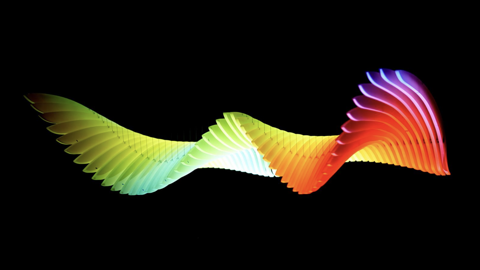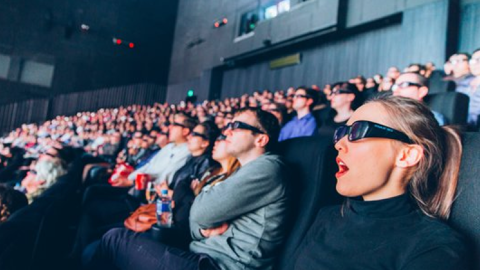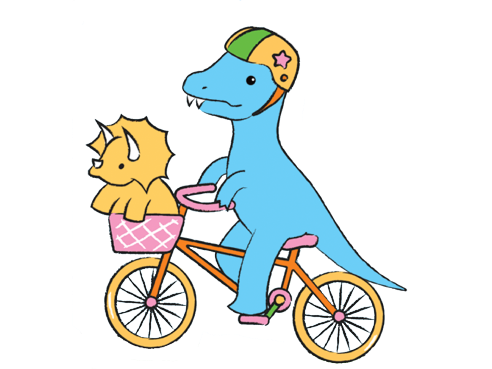Museums Victoria's Outreach Program provides access to the collections for people in Victoria who may find it difficult to visit our museums for reasons that include age and geographical distance.
See who we engaged with in 2025
- Kindergartens visited
- Primary and Secondary Schools visited
- Libraries, Events and Festivals visited
- Learning Kits hires











